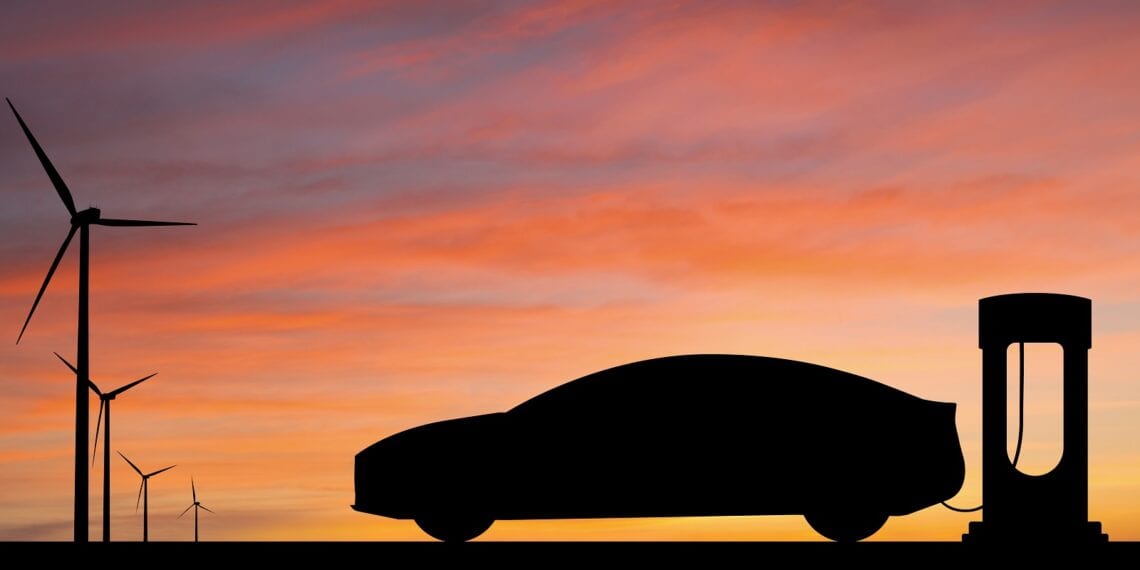For all major economies today, decarbonization is the ultimate destination over the coming decades. Yet while the road to achieving net zero may seem well mapped out, the success of the entire journey relies on having enough critical minerals at hand to ensure environmental targets are met.
At present, China is overwhelmingly the dominant market player. According to Centre for Strategic and International Studies, the country supplies over 85% of the world’s rare earths and is home to two thirds of the global supply of scarce metals and minerals.
These so-called rare earths are more abundant than their name suggests. What makes them “rare” are the difficulties posed by extracting, processing, and refining them for a number of environmental and technical reasons. China’s dominance of the global supply chain can be attributed to more lax environmental laws and low labour costs. In light of this, many Western countries are making plans to become more self-reliant, particularly in the present climate of political and economic tension between China and the U.S. and her allies.
Critical minerals in abundance
Canada has a wealth of mineral resources. For example, a recent report by the Canadian government’s Standing Committee on Natural Resources points out that Canada is the only country in the Western Hemisphere that has deposits of copper, cobalt, rare earth elements, graphite, lithium, manganese and nickel, which are all required to produce advanced batteries for electric vehicles.
The country’s abundant mineral wealth, coupled with ongoing geopolitical tensions between the West and China, presents an opportunity for Canada to supply itself and other countries with the critical minerals necessary to develop clean, low-carbon economies, and switch to a supply chain that can achieve long-term economic growth.
It’s easy to see just why Canada is so well placed to become a supplier of choice. The government agency Natural Resources Canada (NRCan) has prepared the following list of 31 critical minerals for 2021, all of which can be extracted within the country’s borders:
- Aluminium
- Antimony
- Bismuth
- Caesium
- Chromium
- Cobalt
- Copper
- Fluorspar
- Gallium
- Germanium
- Graphite
- Helium
- Indium
- Lithium
- Magnesium
- Manganese
- Molybdenum
- Nickel
- Niobium
- Platinum group metals
- Potash
- Rare earth elements
- Scandium
- Tantalum
- Tellurium
- Tin
- Titanium
- Tungsten
- Uranium
- Vanadium
- Zinc
According to NRCan, these critical minerals are essential to clean technology and renewable energy applications, such as batteries, solar panels, wind turbines and permanent magnets. By positioning Canada as the critical mineral supplier of choice, the country’s government believes it will be bolstering Canada’s economic security, enabling the country to transition into a low-carbon economy, and supplying its partners with a sustainable source of critical minerals.
Critical minerals are essential to clean technology and renewable energy applications, such as batteries, solar panels, wind turbines and permanent magnets
Strong partnerships
As the green energy transition gets underway across the world, Canada has already gained notable support.
Earlier this month, Canada and the European Union (EU) launched a new partnership that will reduce current reliance on China. In a joint statement, both jurisdictions stated the partnership will focus on “enhancing security and sustainability of trade and investment; integration of raw material value chains; science, technology and innovation collaboration; and environmental, social, governance criteria”.
Ursula von der Leyen, head of the European Commission, said, “We as Europeans want to diversify our imports away from producers like China because we want more sustainability, less environmental damage, and we want transparency on raw materials.”
Similarly, on 8 June 2021 it was also announced that Canada and the U.S. have agreed to work together on securing critical mineral supply chains necessary for important manufacturing sectors, such as communication technology, aerospace and defence, and clean technology.
President Biden, said, “The U.S. and other nations are dependent on a range of critical minerals and materials that are the building blocks of the products we use every day. Rare earths metals are essential to manufacturing everything from engines to airplanes to defence equipment. Demand for many of these metals is projected to surge over the next two decades, particularly as the world moves to eliminate net carbon emissions by 2050.”
As geopolitical tensions continue to take centre stage and influence resource allocation across the world, Canada is well positioned to be at the forefront of critical minerals mining and provide a sustainable, stable supply chain for its allies.











